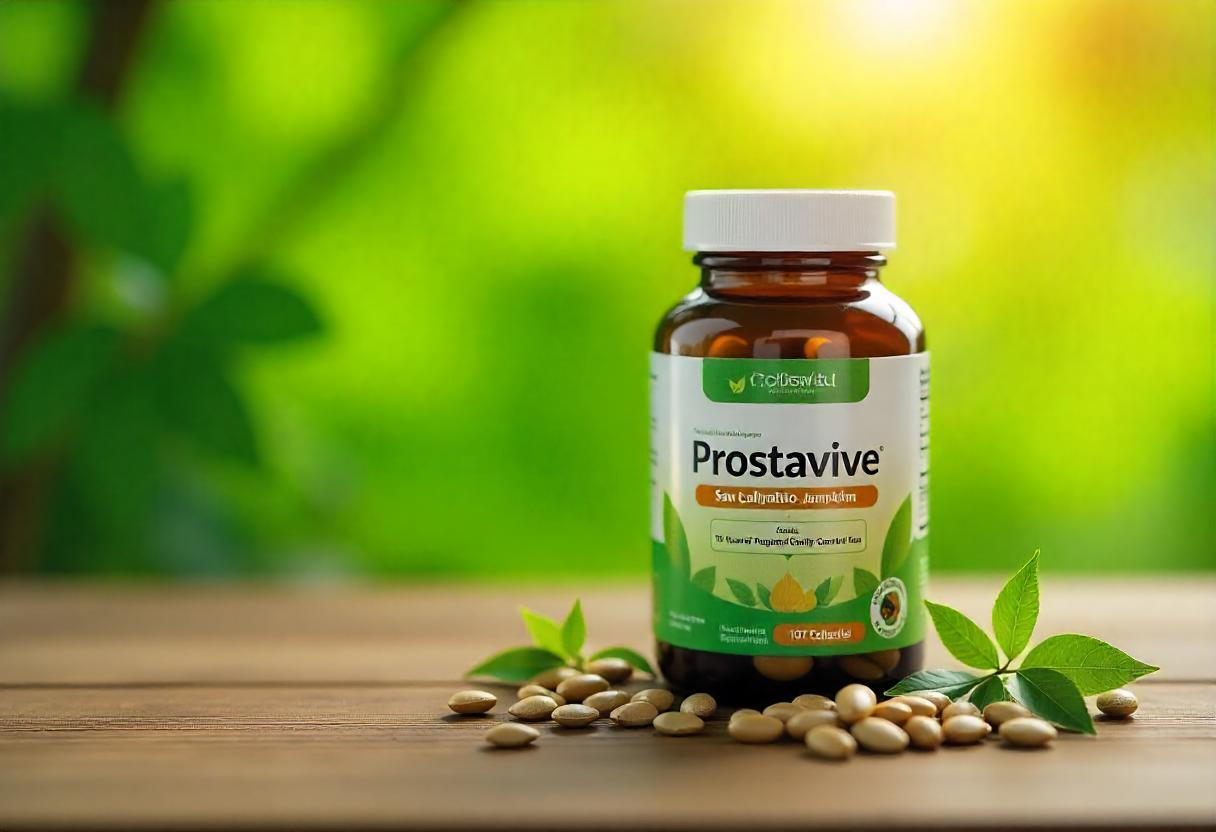Laughter, often deemed the best medicine, transcends mere amusement. It serves as a universal language, bridging cultural divides and fostering human connections. Beyond its social facets, joyous laughter offers a plethora of health benefits, both mental and physical. This article delves into the multifaceted advantages of laughter, supported by scientific research and expert insights.
Table of Contents
ToggleThe Science Behind Joyous Laughter
Laughter triggers a series of physiological responses. When we laugh, the brain releases endorphins, the body’s natural feel-good chemicals, promoting an overall sense of well-being. Additionally, laughter reduces the level of stress hormones, such as cortisol and adrenaline, leading to relaxation and stress relief.
Physical Health Benefits
-
Cardiovascular Health: Engaging in laughter enhances blood flow, improving the function of blood vessels and reducing the risk of heart-related issues.
-
Immune System Boost: Regular laughter increases the production of antibodies and activates immune cells, bolstering the body’s defense mechanisms.
-
Pain Management: Laughter triggers the release of endorphins, which act as natural painkillers, providing relief from chronic pain.
-
Muscle Relaxation: A hearty laugh relieves physical tension, relaxing muscles for up to 45 minutes post-laughter.
Mental Health Benefits
-
Stress Reduction: Laughter diminishes the secretion of stress hormones, alleviating anxiety and fostering a relaxed state.
-
Mood Enhancement: Incorporating laughter into daily life combats feelings of sadness and depression, elevating overall mood.
-
Cognitive Function Improvement: Humor and laughter stimulate both sides of the brain, enhancing learning, creativity, and problem-solving skills.
Social Benefits
-
Strengthening Relationships: Shared laughter fosters emotional connections, enhancing trust and intimacy among individuals.
-
Enhancing Teamwork: In professional settings, humor can improve group dynamics, leading to better collaboration and productivity.
-
Defusing Conflict: Laughter serves as a powerful tool to diffuse tension, enabling smoother resolution of disagreements.
Incorporating More Laughter into Daily Life
-
Seek Out Humor: Engage with comedic content, such as films, books, or podcasts, that resonate with your sense of humor.
-
Socialize Regularly: Spend time with friends and family who uplift your spirits and encourage laughter.
-
Practice Laughter Yoga: This combines voluntary laughter with breathing exercises, enhancing both physical and mental health.
-
Embrace Playfulness: Allow yourself to be spontaneous and playful, shedding inhibitions that may hinder laughter.
Conclusion
Embracing joyous laughter is more than a simple act of amusement; it’s a vital component of a healthy, fulfilling life. By understanding and harnessing its myriad benefits, we can enhance our well-being, strengthen our relationships, and navigate life’s challenges with resilience and joy.
Also read: Shift Select UPMC: Enhancing Workforce Management
FAQs
What are the immediate effects of laughter on the body?
Laughter triggers the release of endorphins, reduces stress hormones, and relaxes muscles, leading to an immediate sense of well-being.
Can laughter therapy replace traditional medical treatments?
While laughter therapy offers numerous benefits, it should complement, not replace, conventional medical treatments. Always consult healthcare professionals for medical concerns.
How does laughter influence mental health?
Laughter reduces stress, alleviates anxiety, and elevates mood by releasing feel-good chemicals in the brain.
Is there scientific evidence supporting laughter’s health benefits?
Yes, numerous studies have demonstrated laughter’s positive effects on physical and mental health, including improved immune function and stress reduction.
Can forced laughter provide the same benefits as spontaneous laughter?
Interestingly, both forced and spontaneous laughter can yield similar health benefits, as the body cannot distinguish between the two.
How can I incorporate more laughter into my daily routine?
Engage with humorous content, socialize with uplifting individuals, practice laughter yoga, and embrace a playful attitude to invite more laughter into your life.
Tags: laughter therapy, mental health, physical well-being, stress relief, social connections, endorphins, laughter yoga





